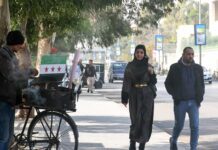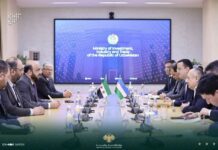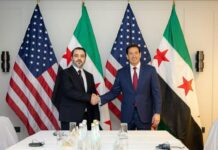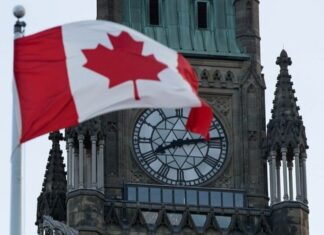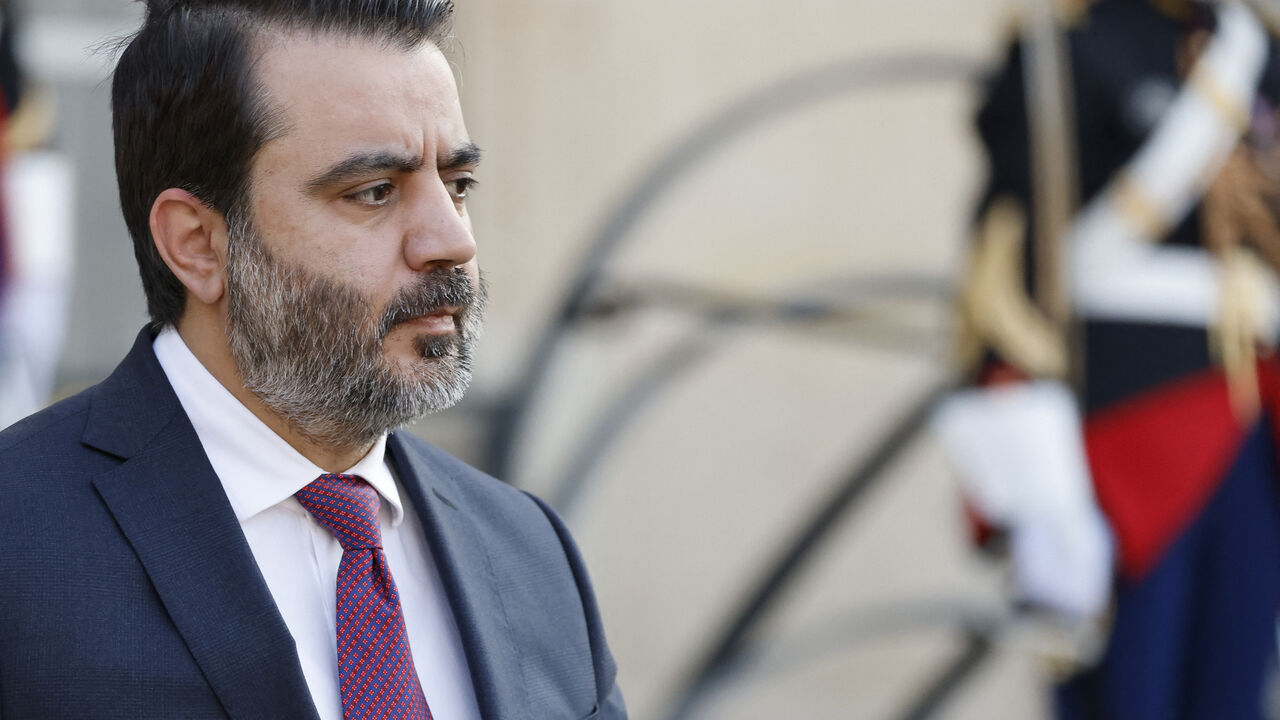
In the first high-level meeting since the fall of the dictator Bashar al-Assad, Syrian Foreign Minister Asaad al-Shaibani left for Moscow to meet with Russian Foreign Minister Sergei Lavrov. The visit signals a pivotal shift in Syrian foreign policy, aimed at redefining ties with longtime Assad ally Russia and reinforcing a message of independence from the influence of foreign powers.
Shaibani’s visit marks a symbolic and strategic departure from the past. Once a cornerstone of Russia’s Middle East policy, Syria under Assad had become heavily dependent on Moscow’s political, military and economic backing. Now, under interim President Ahmad al-Sharaa, Syria is recalibrating—asserting that future cooperation must be built on mutual respect, not dependency.
Reevaluating Previous Partnerships
This visit emphasizes an opportunity to review the framework of Syrian-Russian cooperation in light of Syria’s renewed commitment to national sovereignty, transparency and mutual benefit. Chief among the topics on the agenda are legacy economic deals signed under Assad’s regime—particularly those involving oil, wheat and energy infrastructure, which have left Syria burdened with significant debt.
Analysts note that the Syrian government is not interested in preserving outdated arrangements made in opaque circumstances, rather any continued cooperation must serve the Syrian people first and foremost.
Currently, Russian forces maintain control over strategic military assets in Syria, including the Tartus naval facility and the Hmeimim air base in Latakia. While Syria is not seeking an abrupt end to those arrangements, officials say such matters must be reexamined in light of current national priorities.
Navigating a New Regional Reality
The meeting comes at a time of shifting alliances in the region. Russia, which once intervened decisively to keep Assad in power, has taken a less assertive role following his ouster in December 2024. During a phone call with Israeli Prime Minister Benjamin Netanyahu earlier this week, Russian President Vladimir Putin stated the importance of Syria’s “unity, sovereignty and territorial integrity,” according to the Kremlin.
In terms of Russia and Syria’s relationship, the new Syrian leadership insists that its future will not be dictated by the past. President Sharaa has made clear that Syria’s reconstruction will be led through sovereign, strategic partnerships—not exclusive alignments or foreign-imposed agendas.
Turning the Page on the Assad Era
Syria’s messaging has been consistent: this is not a continuation of Assad-era policies, but a deliberate reset. Shaibani’s Moscow trip underscores that shift. While former President Assad reportedly fled to Russia as revolutionary forces took Damascus, the new administration is focused on returning Syria to the international stage as a credible, independent actor.
This approach is already influencing how Syria is engaging the broader international community, inviting new investment and diplomatic contact, but under a clear condition: no more backroom deals, no more foreign dictates—only sovereign partnerships grounded in mutual respect and benefit.

